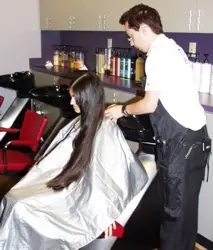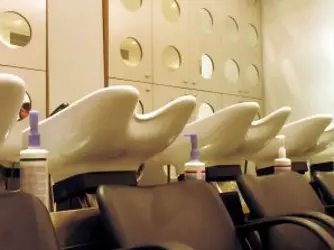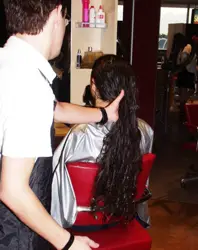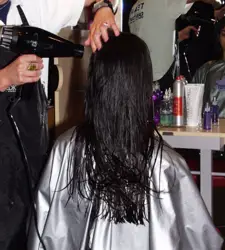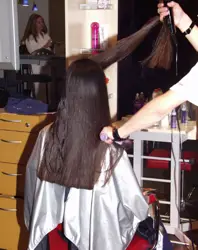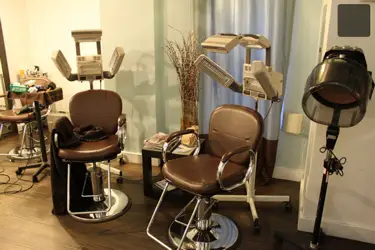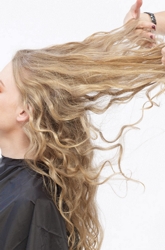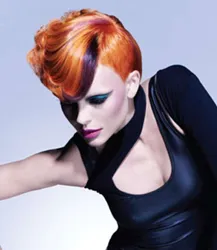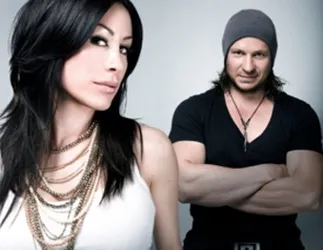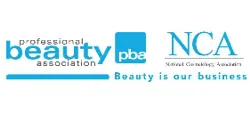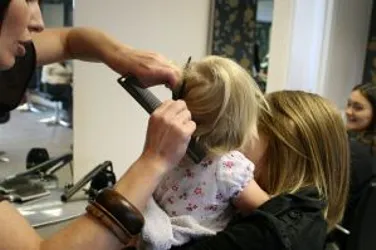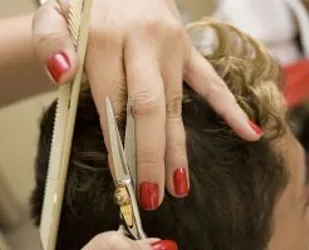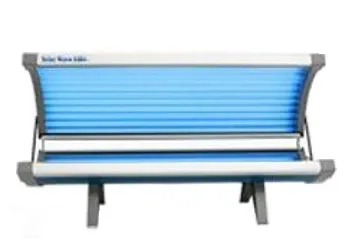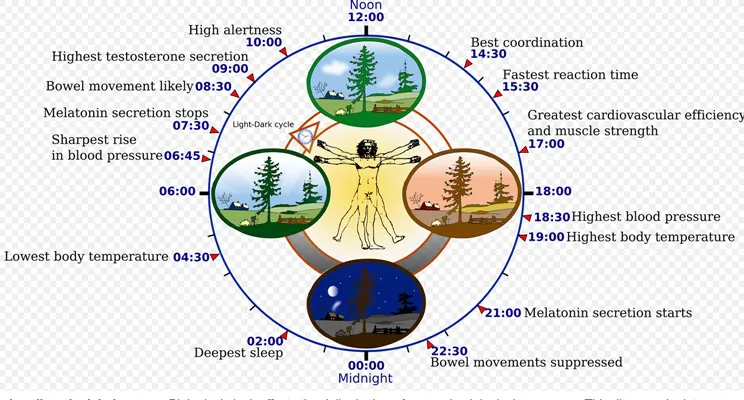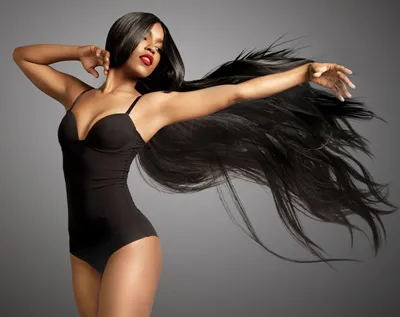
Will Glamsquad Close Salons?
Will Glamsquad Close Salons?The disruption in the service and retail industries are nothing new. Such is the case of the ongoing disruption in the hair industry.
Many hair experts wonder if the introduction of smart phone hair services will threaten the hair industry.
Experts question will Glamsquad close salons?
Glamsquad is an on-demand, in-home beauty service in NYC which sends the hair stylist and makeup artist straight to the customer. Glamsquad launched in January of 2014.
Note: DryBar® offers a Dry-on-the-fly service where a member of the DryBar® team will make house calls.
Hairdressing dates back thousands of years to ancient art drawings and painting depicting people have their hair groomed by attendants.
Homer, renowned in Greece as a writer and philosopher, mentions hairdressing in his work.
Hair Contains Human Spirit
In Africa where some cultures believed hair contained a person's spirit, hairdressers were help in very high esteem.
In ancient Egypt, hairdressers who might also work as barbers might serve wealthy men in their private homes. As wigs became more popular, wig makers were also trained to be hairdressers.
Household Slaves Or Servants as HairdressersIn ancient Rome and Greece household slaves or servants were expected to perform hairdressing duties including dying, cutting, styling and shaving hair.
While women had their hair primarily groomed in the privacy of their own homes, men who did not have their own private hair or barber services would visit a local shop which ultimately evolved into the barbershop.
In 1092 a Roman Catholic papal decree which demanded the removal of all facial hair from Roman Catholic clergymen triggered a growth spurt in shaving and hair related services.
Personal Maids And/Or Hair Valets
By the 1600s hairdressing had become a bona fide profession with wealthy women wearing ornate hairstyles which were maintained after creation by personal maids.
Men of wealth had a private valet who provided the appropriate hair and shaving services.
In the 1600s Champagne, the first famous male hairdresser opened a hair salon in Paris where he dressed the hair of wealthy Parisian women.
In the 1760s the first school for hairdressers was opened in France.
By 1777 is it estimated that approximately 1,200 hairdressers were working in Paris. Barbers and hairdressers formed unions.
The hairdressing industry continued to evolve and grow aided by the invention of electricity which lead to permanent wave machines, hair dryers and chemical hair treatments which were only available in hair salons.
25,000 Hair Salons In The US
By 1925 there were approximately 25,000 hair salons in the US.
During the 1960s beauty parlors had become hair salons which expanded into department stores, on cruise ships and into major hair cutting chains.
The 1970s and 1980s were deemed the golden age of hair salons with hairstylists enjoying major popularity and rising salaries.
Rise Of Celebrity Hairstylists
The mid to late 90s saw the rise of the celebrity hairstylists who charged excessive fees for their services into the early 2000s.
Meanwhile traditional salons gave way to salon suites providing independent contractors in the hair industry to open and own their own individual salon.
Savvy salons expanded to include a wide range of boutique and/or spa services to compete with drive-through bargain basement priced hair cuttery locations.
Rise Of The DryBar®
In February 2010 the first DryBar® opened in Brentwood, California which disrupted hair pampering services previously only available at the salon.
Throughout the history of business, disruptions are nothing new.
Business, retail and service industry revolutions are nothing new.
Boutiques challenged general stores throughout the nineteenth century. Department stores, arose starting with Wanamaker’s in 1896 and challenged the boutiques.
When car-friendly strip malls opened in the 1920s, main street shops were challenged.
In the early 1960s the big box retails stores such as Walmart, Target and Kmart opened.
It triggered the big box retail explosion which wasn't seriously challenged until 1995 when Jeff Bezos opened Amazon and several Internet stores followed.
Summary - Will Glamsquad Close Salons?
Is history repeating itself? In the very earliest days of the hair care industry before the create of salons, hair dressers catered to in-home clients.
Now the trend is for hairstylists to offer in-home services via businesses such as DryBar®'s Dry-on-the-fly or GlamSquad's service or similar.
Will this in-home hairdressing trend eventually destroy the traditional salon business model?
Or is this a fad which will not survive long term?Social Media Network Information
Please follow us on Twitter at: https://Twitter.com/HairBoutique. I look forward to meeting new people from all walks of Twitter and learning from their Tweets.


